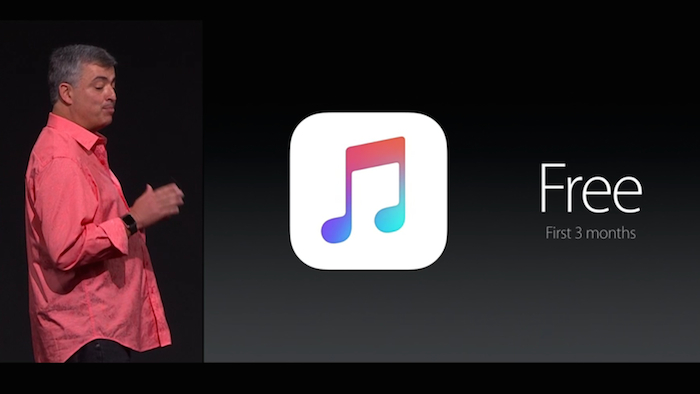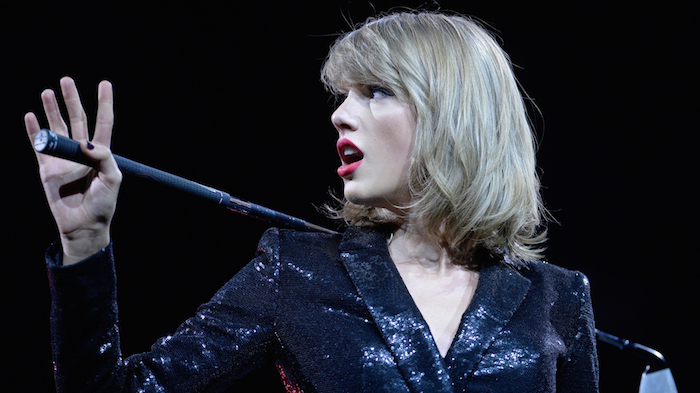In the same 24 hour cycle that it was published, Taylor Swift’s open letter to Apple sparked worldwide conversation, and drove Apple executives to surrender and pay artists and musicians full royalties for the free three-month trail period of Apple’s new music streaming service, Apple Music.
“When I woke up and read Taylor’s note, it solidified quickly that we needed a change,” states Eddy Cue, Apple’s senior vice president of internet software and services told Rolling Stone. For a music giant like Apple to openly admit – on social media nonetheless – that their initial plans were wrong and short sighted is nothing negligible. Cue spoke on behalf of Apple as to why Taylor Swift was correct, and why they changed their original business plan within 24 hours of her open letter being published.
“Music is a big part of our DNA and we always strive to make sure artists are paid for their work.”
Originally, before Apple Music was even announced, Apple had negotiated with major record labels and came to an agreement to pay a 71.5 percent royalty to artists, labels, songwriters, and rights holders. This royalty rate is higher than usually found in the music business, was supposed to compensate artists for the three months they would not be paid. However, in this negotiation there is no mention of independent labels, with their artists and producers not being paid any form of compensation for this huge loss of revenue and time.
Cue stated that the negotiation of the higher royalty rate just wasn’t feasible in practice, simplifying the reason as to why Apple backtracked on its’ original payment plan so quickly.

“If artists believe we’re not paying, because we’re not paying for it directly, and there was an indirect way we negotiated, and that doesn’t work, then we wanted to fix it,” Cue adds. “We wanted for it to be the right thing for the artists.”
Exact artist compensation details for Apple Music are still unknown. Music has been available for free for so long, with services such as YouTube, pay-what-you-want, Spotify’s “freemium” service – not to mention illegal downloads – it is unclear how people will transition to a pay-only cycle of music. If however, Spotify can continue to expand as exponentially as it has, and Apple takes its numbers of downloaders and converts them to subscriptions, a new age of music will be born.







